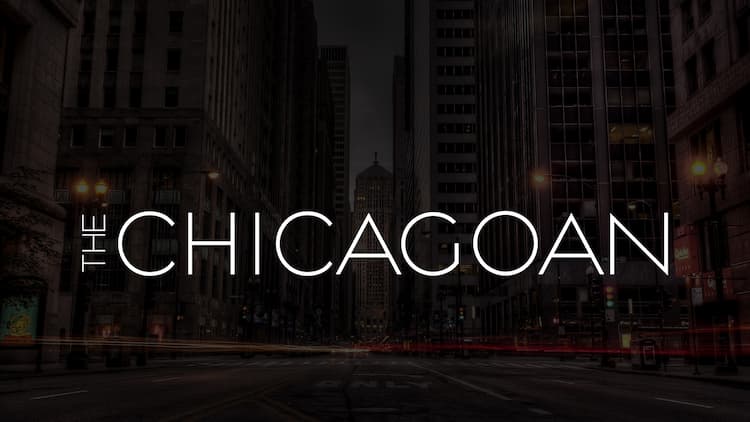In the language of law, delay is often treated as neutral. Cases are “backlogged.” Applications are “pending.” Asylum hearings are “scheduled years out.” The words are technical, almost clinical. But for immigrant communities, these delays are anything but neutral. They are years of separation, years of fear, years of potential lost. Justice postponed in immigration is not a procedural inconvenience—it is a denial of justice itself.
Today, the U.S. immigration system is mired in staggering backlogs. More than three million cases sit before immigration courts, with average wait times stretching beyond four years in many jurisdictions. Families seeking asylum wait in limbo while children grow up uncertain of their future. Workers with approved petitions see opportunities evaporate because visas are locked in bureaucratic queues. Dreamers, long integrated into American life, find their lives punctuated by court rulings and policy shifts that keep their status precarious. These delays carry human costs that no docket statistic can capture.

The burden falls disproportionately on Latinas and their families, who constitute one of the largest groups navigating these systems. For them, time is not an abstraction. It is the difference between reuniting with children or watching them cross into adulthood apart. It is the loss of a job opportunity because work authorization lapsed while paperwork sat untouched. It is the gnawing uncertainty that undermines stability in school, in health, in mental well-being.
Beyond the human toll lies a profound economic cost. Skilled workers unable to take jobs represent billions in lost productivity. Entrepreneurs stalled in the pipeline are prevented from building businesses that would employ others. Families navigating delays spend resources on legal fees and repeated filings that could have been invested in education, homes, or community development. A system designed to manage entry and integration instead creates cycles of poverty and instability.
Critics argue that these delays are inevitable, the by-product of too few judges, too many applications, and political gridlock. But inevitability is a false narrative. Other nations have demonstrated that immigration processes can be timely, fair, and humane. Canada and Germany, for instance, have significantly shorter asylum adjudication timelines, aided by better staffing, digital infrastructure, and transparent policy frameworks. The United States has the capacity to reform; what is missing is the political will to prioritize immigrant justice.

Potential solutions are neither mysterious nor untested. Expanding the number of immigration judges and clerks would directly reduce backlogs. Modernizing case management systems through digital filing and AI-assisted triage could streamline routine cases while freeing judges to focus on complex ones. Increasing the use of humanitarian parole and temporary protections would prevent families from falling into crisis while waiting. Most importantly, Congress could establish clearer pathways to status that reduce the volume of discretionary cases clogging the courts.
Legal advocates stress another dimension: accountability. Without mandated timelines, agencies and courts have little incentive to move cases forward. Statutory deadlines for asylum claims and visa adjudications, combined with independent oversight, could transform a culture of delay into one of responsibility. “Justice without urgency is no justice at all,” one immigration attorney noted recently. For immigrant families, urgency is not a luxury—it is survival.
Yet reform is not only about mechanics. It is about dignity. Every year spent in bureaucratic limbo erodes the sense of belonging for those who already live, work, and contribute in the United States. It signals to immigrant families that their lives matter less, their futures less urgent, their rights less protected. The moral contradiction is glaring: a nation built by immigrants sustaining a system that keeps them perpetually waiting at the threshold.

Justice delayed is not simply inefficient; it is corrosive. It undermines trust in institutions, weakens communities, and wastes potential. For Latinas and their families, who navigate these systems with resilience and sacrifice, the delays are particularly cruel. They embody both the promise of the American dream and the systemic barriers that keep that dream out of reach.
To address this crisis is to acknowledge that time itself is a form of justice. Swift adjudication does not mean careless adjudication—it means honoring the humanity of those waiting. It means recognizing that every day lost is a day of life denied.
The future of immigration reform will not be judged only by who is admitted or who is removed, but by how quickly and fairly decisions are made. Until then, immigrant communities will continue to carry the weight of years stolen by delay. And in the truest sense of the phrase, justice denied.









